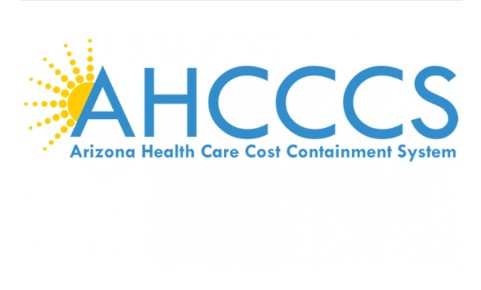Introduction:
Addiction is a complex and challenging issue that affects millions of Americans. Fortunately, there are numerous addiction treatment centers across the country, offering a range of services to help individuals overcome substance abuse. In Arizona, individuals seeking support for addiction can benefit from utilizing Medicaid plans to access the care they need. This article explores the significance of using Medicaid plans at addiction centers in Arizona and how it can be a crucial resource for those on the path to recovery.
The Role of Medicaid in Addiction Treatment.
Medicaid is a state and federally-funded program that provides health coverage for eligible individuals and families with low incomes. It plays a vital role in expanding access to healthcare services, including addiction treatment. In Arizona, Medicaid plans, often referred to as AHCCCS (Arizona Health Care Cost Containment System), cover a wide range of addiction treatment services.
Medicaid plans typically cover:
Detoxification Services: Medicaid plans may cover the costs associated with medically supervised detoxification, ensuring individuals can safely and comfortably withdraw from substances.
Inpatient Rehabilitation: Individuals struggling with severe addiction may require inpatient rehabilitation. Medicaid plans can help cover the costs of residential treatment programs.
Outpatient Treatment: Medicaid often covers outpatient services, such as counseling and therapy sessions, which are essential components of addiction recovery.
Medication-Assisted Treatment (MAT): For individuals battling opioid addiction, Medicaid plans may cover medications like methadone, buprenorphine, or naltrexone as part of a comprehensive treatment approach.
Using Medicaid Plans at Addiction Centers in Arizona:
Accessing addiction treatment through Medicaid in Arizona involves a straightforward process. Individuals can follow these steps to utilize their Medicaid coverage effectively:
Determine Eligibility: To use Medicaid at an addiction center, individuals must first determine their eligibility for AHCCCS. Eligibility is often based on income and other factors, and applications can be submitted online or through local Medicaid offices.
Find a Medicaid-Approved Addiction Center: Not all addiction treatment centers accept Medicaid. It’s crucial to identify facilities that are approved providers under the AHCCCS program. This information can usually be obtained through the AHCCCS website or by contacting the treatment center directly.
Verify Coverage: Before starting any treatment program, it’s essential to verify the specific services covered by the Medicaid plan. This can help individuals plan their treatment effectively and avoid unexpected costs.
Begin the Treatment Journey: Once eligibility is confirmed, and a Medicaid-approved addiction center is selected, individuals can begin their journey toward recovery. Whether it’s detoxification, residential treatment, or outpatient services, Medicaid can significantly ease the financial burden associated with addiction care.
Utilizing Medicaid Plans at Addiction Centers in Arizona: A Key to Recovery
Using Medicaid plans at addiction centers in Arizona can be a lifeline for individuals seeking help for substance abuse. By covering a range of services, Medicaid plays a crucial role in ensuring that financial constraints do not hinder access to necessary addiction treatment. If you or a loved one is struggling with addiction in Arizona, exploring the options provided by Medicaid plans can be a vital step toward a healthier and more fulfilling life.
Residential Programs for Psychiatric Clients in Arizona: A Holistic Approach to Mental Health Recovery.
In Arizona, residential programs for psychiatric clients offer a holistic and comprehensive approach to mental health recovery. These programs go beyond traditional outpatient services, providing individuals with a supportive and structured environment conducive to healing. Through a combination of therapeutic interventions, counseling, and skill-building activities, residents can address the challenges associated with psychiatric conditions in a residential setting. These programs are designed to promote stability and independence, empowering individuals to navigate the complexities of daily life while managing their mental health. The availability of such residential programs for psychiatric clients in AZ is a testament to the state’s commitment to fostering mental health and well-being.


 Home
Home









